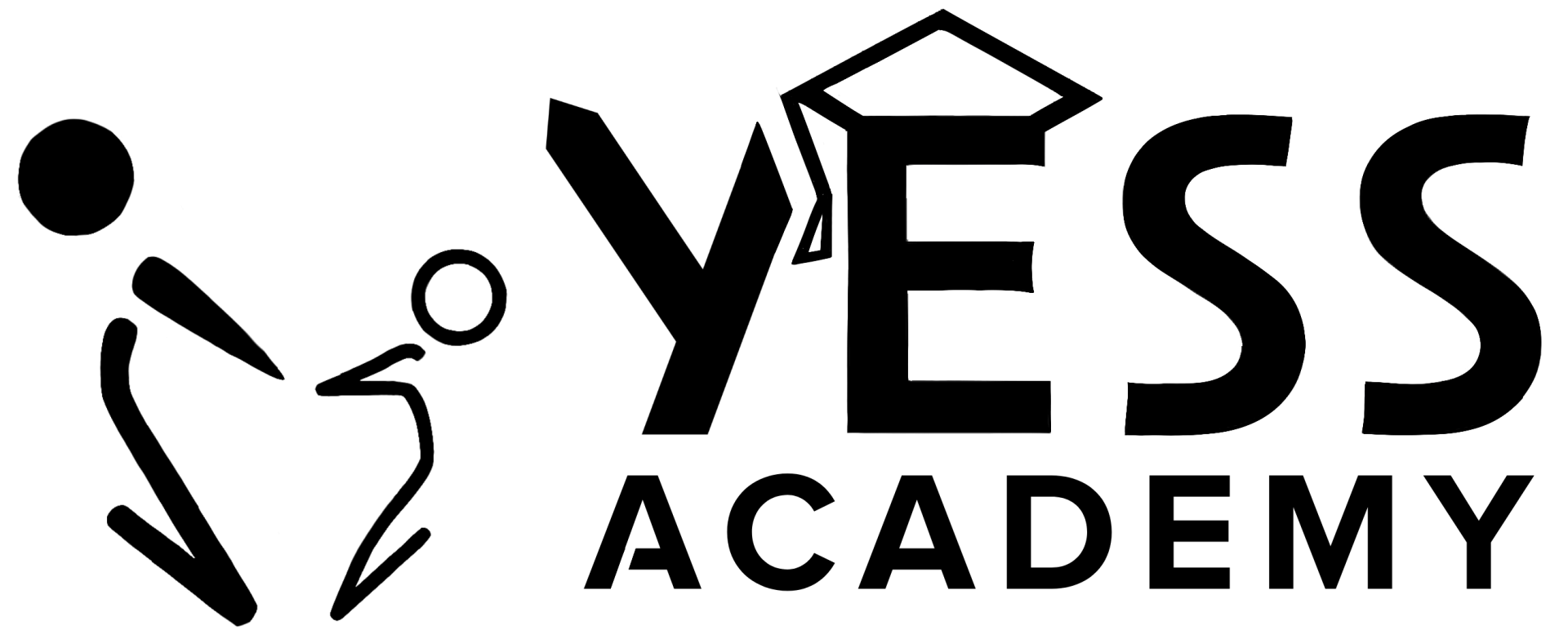What is SEL?
Social emotional learning (SEL) has become an increasingly important aspect of education in recent years, and for good reason. SEL refers to the process of developing social and emotional competencies that are essential for success in school and in life. SEL core competencies includes things like self-awareness, self-regulation, empathy, and responsible decision making.
SEL has a number of positive outcomes for students. Research has shown that students who participate in SEL programs (like those designed by the YESS Institute) have better academic outcomes, higher levels of well-being, and stronger relationships with their peers and teachers.
SEL has a number of positive outcomes for students. Research has shown that students who participate in SEL programs (like those designed by the YESS Institute) have better academic outcomes, higher levels of well-being, and stronger relationships with their peers and teachers.
Why SEL for youth drug awareness and education?
SEL is particularly important is in efforts to improve drug awareness and education for middle and high school students. These age groups are at a crucial stage of development because the human brain is still developing until around age 25. This means that they are more susceptible to the effects of drugs and alcohol, and also more likely to engage in risky behavior.
Through SEL, students can learn how to recognize and regulate their emotions, make responsible decisions, and build positive relationships. These skills can help them resist peer pressure to use drugs and alcohol, and also make informed decisions if they do encounter these substances.

